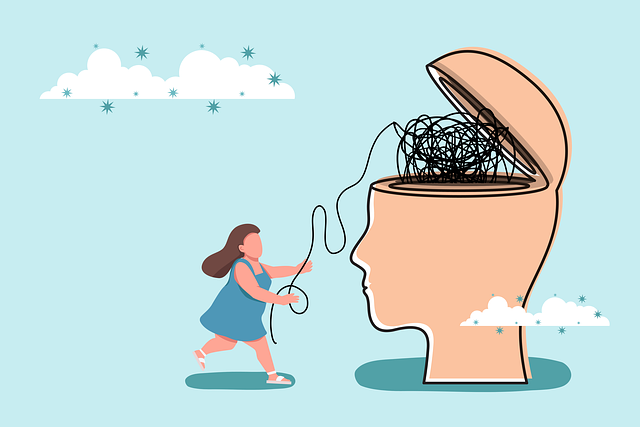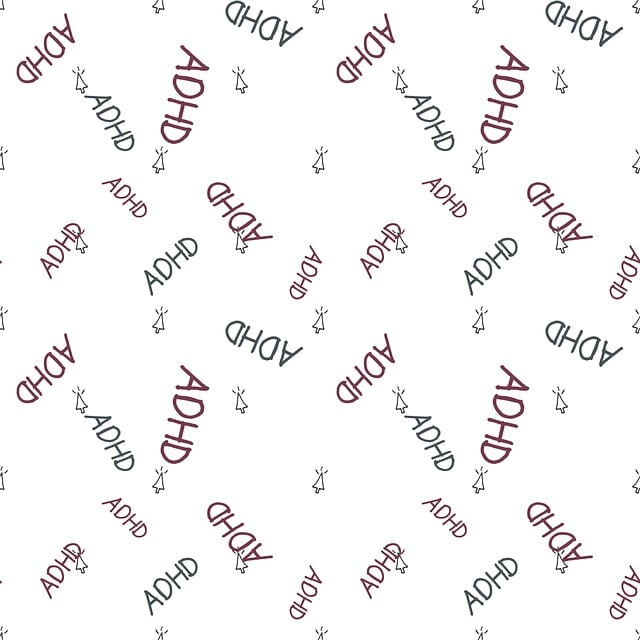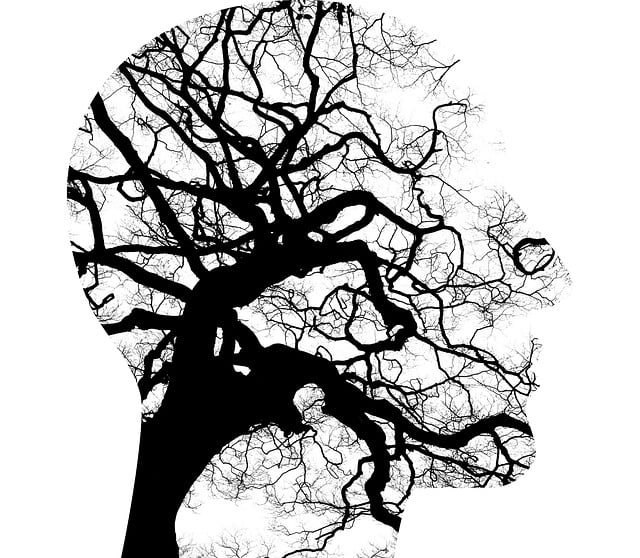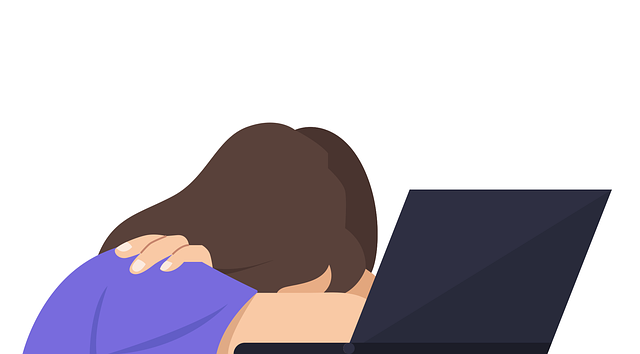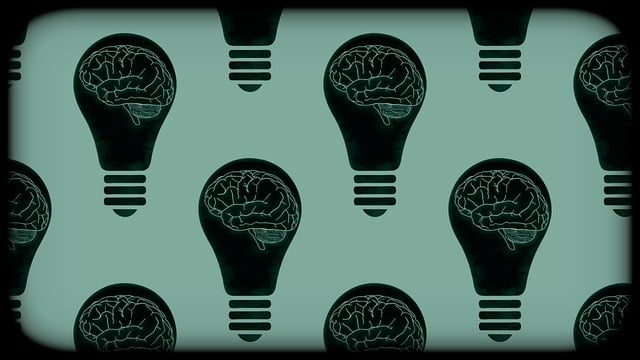Oppositional Defiance Disorder (ODD) is a common mental health challenge in adolescents, characterized by defiant and hostile behavior towards authority figures. Early recognition is vital as ODD can impact academic performance and relationships. Effective therapy for adolescent teens with ODD includes cognitive-behavioral therapy (CBT), mindfulness meditation, stress management techniques, and trauma support services to address underlying issues. Crisis hotline services offer immediate support and connect teens to local resources like therapy, support groups, and self-esteem improvement programs. CBT and Dialectical Behavior Therapy (DBT) empower teens to manage emotions, challenge negative thought patterns, and improve relationships, enhancing treatment outcomes while mitigating provider burnout.
“In today’s fast-paced world, mental health crises among adolescents are on the rise. This article delves into a critical aspect of support systems, exploring Mental Health Crisis Hotline Services and their role in aiding teens grappling with Oppositional Defiance Disorder (ODD). ODD, characterized by persistent argumentativeness and defiant behavior, requires tailored therapy approaches. We discuss effective treatment methods specifically targeting adolescent teens with ODD, offering insights into navigating this challenging disorder. Understanding these services and therapies is essential for fostering healthier teenage minds.”
- Understanding Oppositional Defiance Disorder (ODD) in Adolescents
- The Role of Crisis Hotline Services in Teen Mental Health Support
- Effective Therapy Approaches for ODD in Teens
Understanding Oppositional Defiance Disorder (ODD) in Adolescents

Oppositional Defiance Disorder (ODD) is a common mental health challenge among adolescents, characterized by persistent defiant and hostile behaviors towards authority figures. This disorder often manifests as argumentative attitudes, active defiance, and resentment towards parents, teachers, or other figures in positions of responsibility. Recognizing the symptoms early is crucial, as ODD can significantly impact an adolescent’s academic performance and relationships at home and school.
Therapy for adolescent teens with ODD typically focuses on addressing underlying issues like poor impulse control, frustration tolerance, and communication difficulties. Cognitive-behavioral therapy (CBT), mindfulness meditation, and stress management techniques have proven effective in helping young individuals regulate their emotions and improve their interactions with others. In some cases, trauma support services may also be necessary to address any hidden psychological scars that could be exacerbating the ODD symptoms.
The Role of Crisis Hotline Services in Teen Mental Health Support

Crisis hotline services play a pivotal role in supporting teen mental health by offering immediate assistance and a safe space for vulnerable individuals to express their emotions. These hotlines are often the first point of contact for adolescents experiencing distress, providing a non-judgmental platform where they can share their struggles with anxiety relief, oppositional defiance disorder (ODD), or other concerns. Trained professionals on these lines offer empathy, guidance, and resources tailored to the unique needs of teens, helping them navigate their mental health challenges.
In addition to direct support, crisis hotlines facilitate community outreach program implementations by connecting teenagers to local resources such as therapy services for adolescent teens, support groups, and self-esteem improvement programs. This holistic approach ensures that young people receive not just immediate relief but also long-term strategies to manage their mental health effectively.
Effective Therapy Approaches for ODD in Teens

Odd behavior and defiance can be challenging aspects of adolescence, but therapy offers hope for teens struggling with Oppositional Defiance Disorder (ODD). Cognitive-Behavioral Therapy (CBT), a well-proven approach, is designed to help young individuals identify and challenge negative thought patterns and behaviors. By teaching them coping mechanisms and problem-solving skills, CBT empowers teens to manage their emotions more effectively and improve relationships.
Additionally, Dialectical Behavior Therapy (DBT) has shown success in treating ODD symptoms, particularly when combined with mindfulness practices. This therapy focuses on emotion regulation, distress tolerance, interpersonal effectiveness, and mindfulness techniques. DBT equips teens with tools to navigate conflicts, reduce impulsive behaviors, and foster healthier interactions, contributing to better mental health outcomes. Integrating these effective therapy approaches into support services can significantly enhance the care provided to adolescent teens with ODD while addressing potential healthcare provider burnout (a crucial aspect of risk management planning for mental health professionals) through evidence-based strategies.
In light of the growing importance of mental health support for adolescents, especially those struggling with Oppositional Defiance Disorder (ODD), crisis hotline services play a crucial role in providing immediate assistance and guiding teens towards long-term solutions. By offering accessible and confidential support, these hotlines break down barriers to care, enabling teens to receive the therapy for adolescent teens oppositional defiance disorder they need. Combining hotline support with evidence-based therapy approaches, such as cognitive-behavioral therapy (CBT), can foster positive behavioral changes and improve overall mental well-being.



